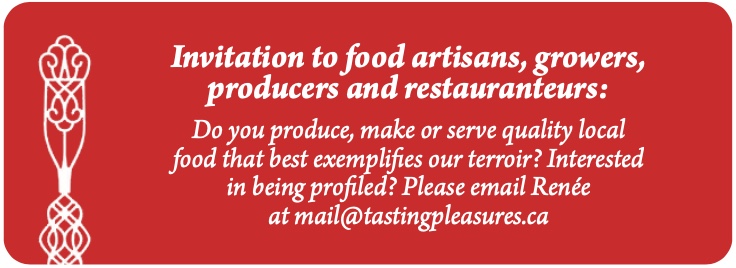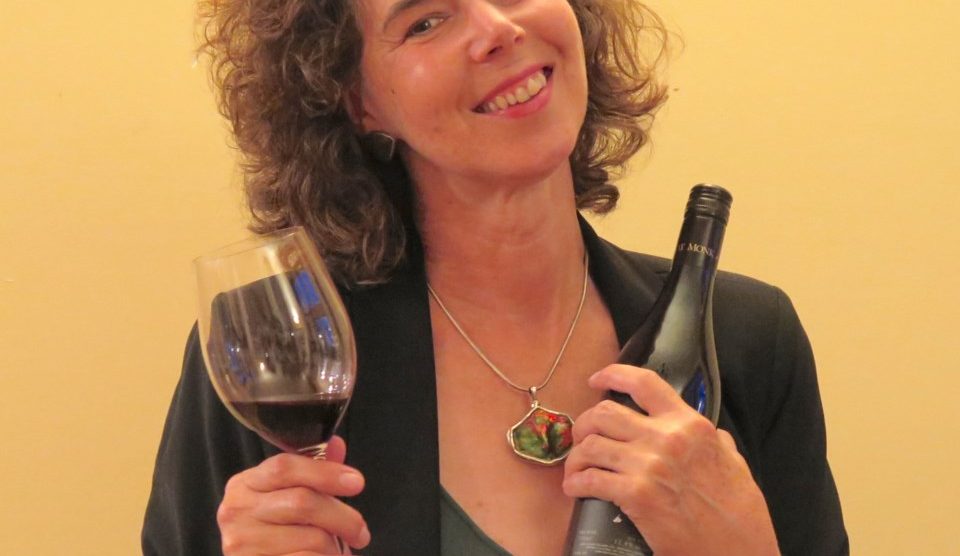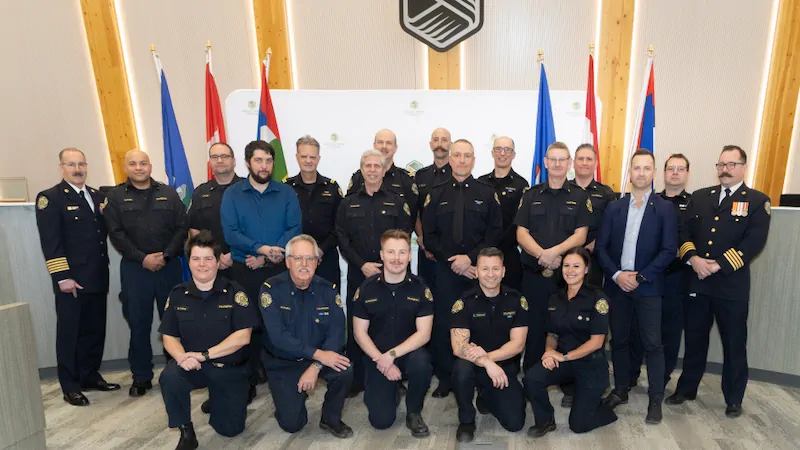Saving Bordeaux – Wine and WWII
Wine, like Art, can transcend wars and politics. Such was the case during WWII when collusion between “enemies” occurred to preserve the integrity of the French wine industry.
Early in 1940, the top brass of the Nazi regime quickly realized the commercial and cultural value of French wine and took control of the trade in Champagne, Burgundy and Bordeaux. Many of these wines, like fine art, were worth a lot of money. Leaser quality wine was also appreciated as an important source of food and supplies and as a source of revenue for Germany.
To establish their control over the trade, the Nazis created new positions called “Weinführers”. These positions were filled by German wine experts responsible to differentiate the common from the extraordinary and to oversee all aspects of the trade. Each “Weinführers” was assigned a wine region they knew well. There was, however, only one problem with this approach. The Weinführers were wine producers or merchants who had close associations with their French counterparts before wartime, often for generations. Families on both sides were either close business associates or family friends. Forced into impossible situations, what ensues is the stuff of movies. Here’s one of those stories authors Don and Petie Kaldstrup recount in their 2002 book “Wine and War.”
In 1939, Heinz Bömers reluctantly became a member of the Nazi regime and shortly after, was assigned the role of Weinführer in Bordeaux, a region he knew well and where he had several friends and well- established commercial connections. With little to no choice, he reason it was best to accepted the position if only to limit the damages the war would inevitably impossed on Bordeaux. He did so with the following conditions; he would not receive a salary from the Nazi regime, would not wear a uniform, and would have the authority to “step in” if he felt the actions of German troops were inappropriate such as for example, raiding of fine wine cellars by the like of field marshal Hermann Göring and other top officials.
In 1940, Bordeaux welcomed Heinz like a long-lost friend, albeit with some apprehensions. To reassure them, Heinz’s first order of business was to meet with the wine producers and traders. His message was simple: “Let us try to continue our business as normally as possible,” he said, “but when I leave one day, I hope you will have better stocks of wine than you have now.” It was his way of telling them he had their interest in mind.
Thus began the balancing act of providing the Nazi regime with what they wanted while helping the local wine makers. Bömers imposed his prices and was firm in his trades but did not confiscate or seek top-quality labels. Those cultural treasures were ignored. Instead, he relieved the wine producers of enormous quantities of average wines that otherwise would have been discarded, resulting in lost revenue.
The system required Bömers to negotiate wine prices and quotas with local “negociants” (merchants). One such negociant was Roger Descas, an old friend. Bömers’ role was to obtain the lowest prices possible, Descas, the highest prices possible. Eventually, both devised a routine, establishing prices the day before their official meeting at the German Economic Office. During those meetings, they would feigned outrage and argued over prices only to settle on the agreed upon numbers.
On another occasion, Göring ordered Bömers to fetch the best cases of Château Mouton-Rothchilds. Not wanting to give the thug exquisite wine, he called the Château, demanding they fill bottles with ordinary wine and glue on their esteemed labels. Interestingly, Göring never complained about the quality of the wine.
Over the years, Heinz Bömers took on significant risks and was often called to Paris to answer complaints that he was too friendly with the wine merchants. Each time, his diplomatic skills and ingenuity won. After the war, Bordeaux recognized him as a local hero, without whom the region would have suffered a terrible fate.
Check out other war and alcohol stories published in the November editions of 2020, 2021 and 2022.
Bonne appétit!
Renée Delorme, Sommelier
www.tastingpleasures.ca
403.200.9961
mail@tastingpleasures.ca
Indulge in the pleasures of private tastings
























